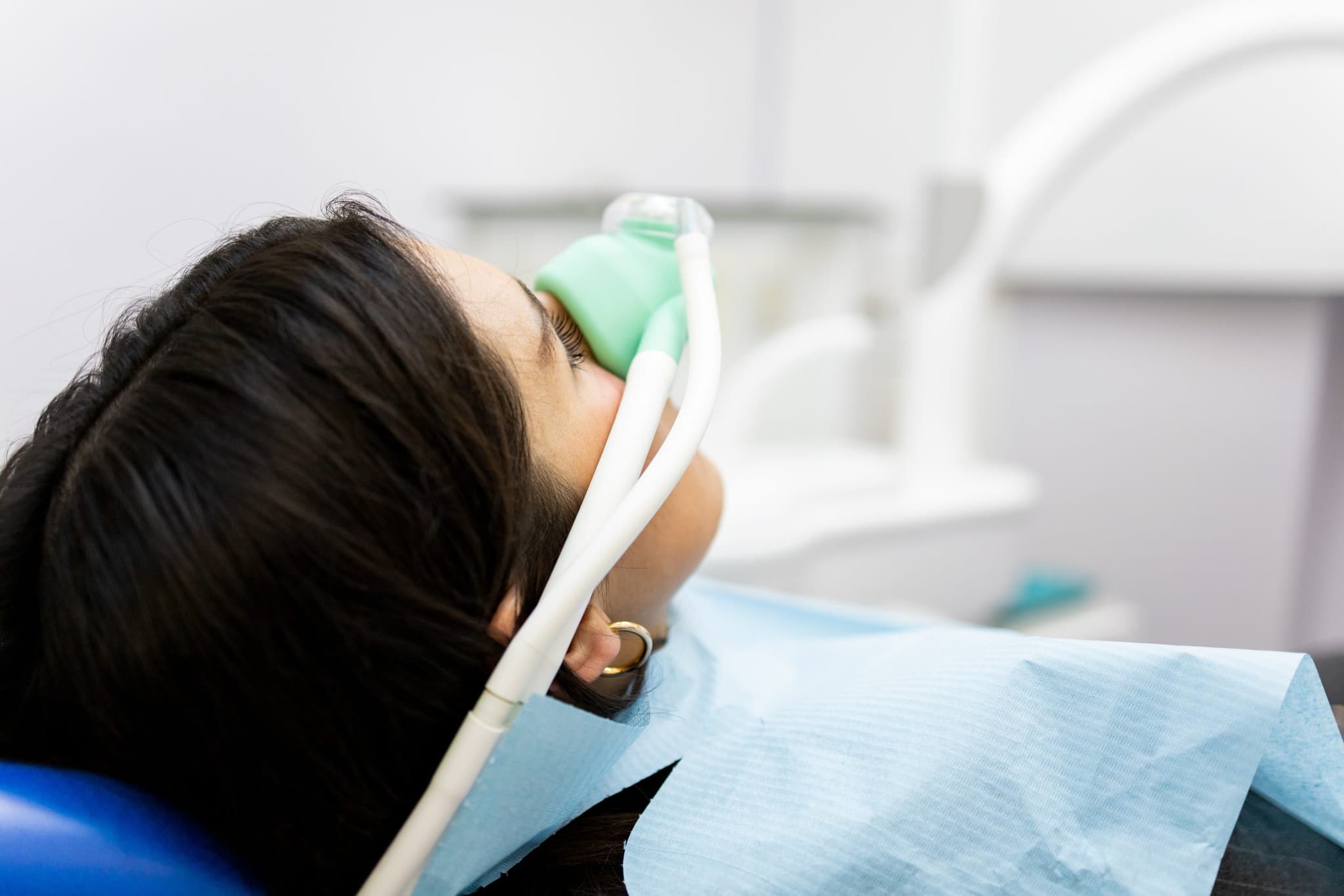
2025-12-17T17:11:43
Why OBGYN Clinics Are Using Nitrous Oxide for Pain Relief
- OB/GYN
March 13, 2018 | OB/GYN
Specialties:OB/GYN

For many new mothers, seeing your “baby bump” for the first time can be one of the most exciting parts of pregnancy. The baby bump is the clearest sign yet that your baby is growing in the womb, and this physical progress is worth enjoying.
However, your baby’s continued growth can lead to back pain, which is common among pregnant women. Here are some possible causes of back pain during pregnancy, plus some tips for for managing and reducing pain.
Causes of Back Pain During Pregnancy
The most common location for back pain in pregnancy is the sacroiliac joint, or the area where the pelvis and the spine connect. Potential causes include:
Posture can change during pregnancy and become a major contributor to back pain. Slouching or using poor posture can put a strain on the spine, so look for ways to improve yours wherever possible. Some women find success with sleeping on their side with a pillow between the knees. When sitting or resting, find ways to support your back and try to sit up straight with your shoulders facing back. Some other women find a support belt beneficial.
Part of reducing back pain during pregnancy is easing spinal stress, and exercise can help here. It helps strengthen muscles while increasing flexibility, which becomes extremely important during pregnancy. Consider exercises like walking, swimming or stationary biking—your doctor can tell you if these are right for you or recommend other safe exercises.
This is another area where you should ask your doctor in advance, but if you get their approval, using hot and cold to help with back pain can be very beneficial. First, place cold compresses on areas that are in pain—do this for up to 20 minutes at a time, several times per day.
After a few days like this, move to heat treatments instead. Use a heating pad or a hot water bottle on the heating area, never on the abdomen during pregnancy.
There are a couple alternative therapies that may have success lowering back pain during pregnancy, but it’s important to consult your doctor before trying them:
If stress is contributing to your back pain, speaking to a counselor or even just someone you trust about your issues may be helpful.
In addition, here are some other small tips to reduce back pain:
If the above areas are not effective, speak to your doctor about possible medications for back pain. This is especially necessary if you get regular cramping pains, or if you have trouble urinating or a “pins and needles” sensation in your extremities. These symptoms might be signs of serious complications.
Your doctor can offer further recommendations on managing and treating back pain during pregnancy.
Obstetricians/gynecologists at Revere Health OB/GYN provide a full range of healthcare services to women throughout all stages of their lives including; puberty, child-bearing years, menopause.
Source:
“Back Pain in Pregnancy.” WebMD.
WRITTEN BY:
The Live Better Team

2025-12-17T17:11:43

2025-11-21T14:10:25

2024-09-19T11:59:35

2019-12-31T15:15:01
This information is not intended to replace the advice of a medical professional. You should always consult your doctor before making decisions about your health.